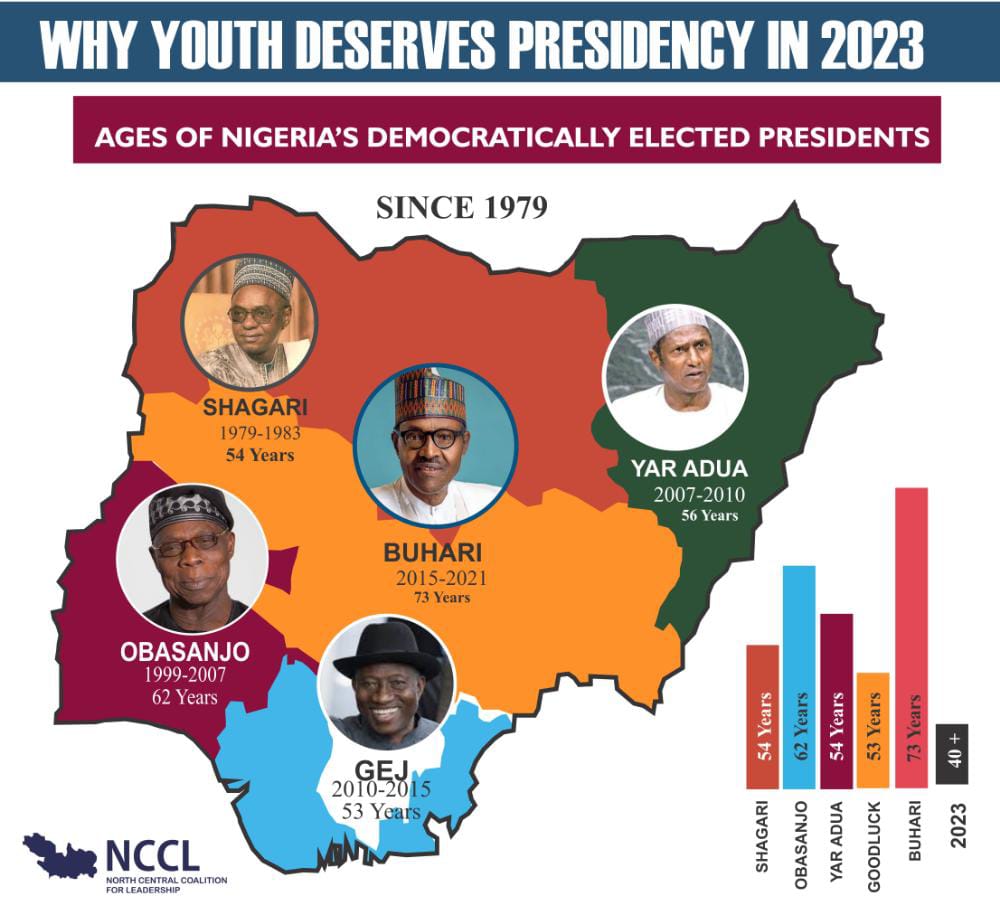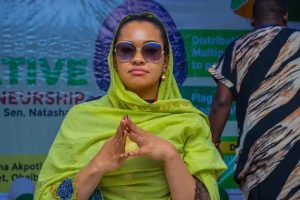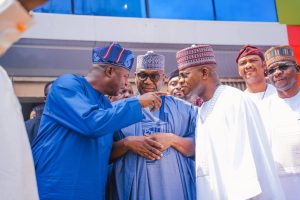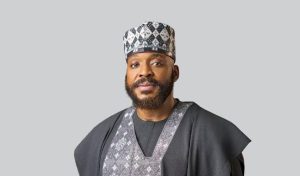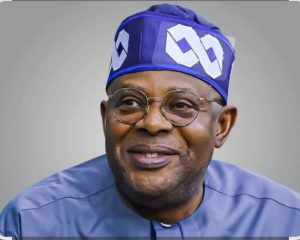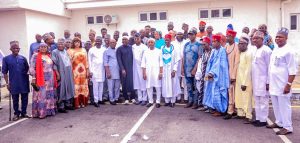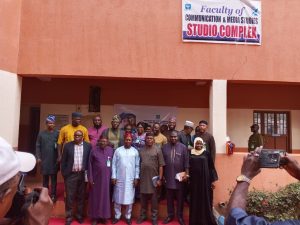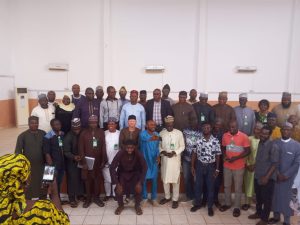2023: The type of leader Nigeria deserve – a consideration for youthful, equitous leadership
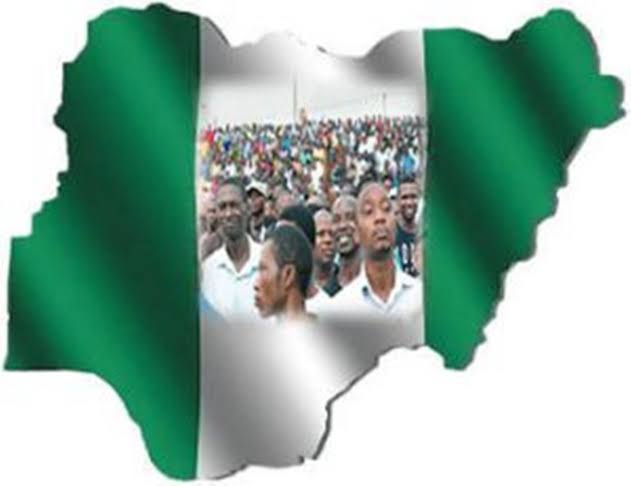
The history of Nigeria’s regional politics is traced far back to her independence in 1960 which birthed the emergence of the nation’s indigenously elected leaders. Although regional governance had being in existence respectively across the country but at her independence, the highly diverse and multi linguistic nation was handed the full baton of its leadership by the British colonialists.
The entity called NIGERIA was a product of the amalgamation of the Northern and Southern protectorates by Lord Lugard’s in 1914 for administrative ease and the smooth operations of the colonial masters. After many years of political interactions, the nation at independence had been divided into three region which included; the Northern, southern and western region with its own structures and political ideology shaped by its respective leaders. These three major partitions would be what evolved to several states and the 6 “geopolitical zones”
That marriage however over a century evolved into a country which has since been recognized as strength in diversity and a giant in the continent of Africa. This seems to be such a herculean role to play among the other nations within the continent, but after several trajectory Nigeria has cemented her place her place as the much talked about giant of Africa.
In the years of it’s much evolving democracy leadership, most particularly the republics formed through democratic processes actors within it have consciously created a system to ensure equality, fairness and justice for all the zones which the regions evolved into
As the discuss of 2023 gets heated up and the narrative of who should carry on the baton from current President Muhammadu Buhari has taken over the media space and outside the media arena, there has never being such a time when as a people of the most marginalized region of the country, that our voices should be united and NCCL being the voice amongst many others that represents the expression of majority of people who are concerned about the progress of the region, we state clearly that it is our turn and time to lead our nation
Tracing leadership through the Nation’s history, the First Republic (1963 – 1966) produced President Nnamdi Azikweme and Prime Minister – Abubakar Tafawa Balewa (SouthEast/NorthEast)
The Second Republic (1979 – 1983 produced President Shehu Shagari and Vice President Alex Ekwueme (NorthWest/SouthEast)
The Abortive Third Republic was won by M.K.O Abiola and Babagana Kingibe (SouthWest/NorthEast)
After several military regimes, the Fourth Republic was finally ushered in in May 1999 and then the South West has produced Olusegun Obasanjo who served for two tenures of 8 years.
The South South has produced Goodluck Ebele Jonathan who spent 6 years in power.
The Northwest however has produced 3 presidents and a total of 11years so far. Alhaji Shehu Shagari spent 4 years, the late Umar Musa YarAdua 2 years and President Mohammadu Buhari, who is into his second tenure.
While other regions have also produced Vice Presidents; from NorthEast Alhaji Atiku Abubakar (8 years), Arc Namadi Sambo (NorthWest, 6 years), Prof. Yomi Osinbajo (SouthWest, 5 years so far), Goodluck Ebele Jonathan (South South, 2years). What is the offense of the North central region? The question is why has the North Central region not being given consideration in leadership?
Another question of very important consideration is why has the most populous constituency which represents over 60% of the voting population being largely left out of leadership position in the democratic dispensation in the country despite being overly promised to be leaders of tomorrow decades ago
Most often, youths are relegated to political back benchers and in most precarious situation criminal entities to carry out the heinous crimes of selfish politicians who devices desperate measures to hold on to power to the detriment of the people.
Their excuse has always being that youths do not have the requisite knowledge and political understanding to run the affairs of the country at any level of leadership adding that leadership in a country like ours required experience which they allude to be years of cycling round political offices.
Those who held this school of thought have forgotten the remarkable contributions of young people in their hay days to our nation. These contributions were not only in political front but other areas of endeavor and by so doing, they have made their mark in our nation. Take for instance. Before our independence as a nation different young Nigerians participated in the much celebrated process and played very remarkable roles.
Does the name Anthony Eromosele Enahoro ring a bell? At the age of 21, he became the youngest editor of the southern Nigerian defender, Ibadan in 1944 which served as one of the leading voices the resisted continued colonial rule. Anthony Enahoro at the age of 29 in 1953 became the first to move the motion for Nigeria’s independence which was eventually granted in 1960. He did all of these and many more as a youth.
Chief Obafemi Awolowo was another nationalist who took active part in forcing out the British colonial masters from the shores of our Nation. As a young man he was an active journalist who used this platform to herald nationalism ideals. He at the age of 40 set up the Nigeria Tribune which served at that time a vocal voice against colonialism while he also actively participated in politics.
Born on June 12, 1910, sir Ahmadu Bello’s exploits in politics could be traced back to as early as in his early 20s and throughout his span of effective leadership he made his mark
Abubakar Tafawa Balewa was born in the year 1912 in modern day Bauchi state and remarkably at the age of 34 was elected to represent his people at the Northern House of Assembly, serving as a vocal voice advocating the rights of Northern Nigeria.
These men and many others have remarkably proven that the youth were capable of making huge difference when given the opportunity to add their quota. They also have shown that not only did youths contribute meaningfully to our national existence, but also to the process of the stability of the democracy which will now enjoy.
When the recent agitation championed by youth advocacy groups for more youth inclusiveness in our governance emerged in our national discuss, many were suspicious of the intentions of our leaders to allow the much discussed Not Too Young to Run Bill scale through to see the light of the day however, President Muhammadu Buhari did not only sign the bill into law but also promised to advocating young Nigerians that at the end of his administration in 2023, he will hand over to a democratically elected youth.
The president in his endeavour to fulfill his promise urged young persons to participate in frontline and be identified with a political party that would assist in actualizing their goal adding that only through such process could they emerge as leaders of the nation.
President muhammadu Buhari once said in an media interview that despite his strong desire to change the nation through the depletion of corruption, aggressive tackling of insecurity and the repositioning of the nation’s economy, age was not on his side and could not have been as efficient as he was while younger.
It could be recalled that during his leadership under the military regime between 1983 and 1985, the Head of State had a firm grip on administration much related to his age which was an advantage for efficiency in government, hence several feats were gained in areas of economic, integration and disciplinary as well as a precise fight against corruption and other criminal vices
While on one hand we believe that it is the time for the North Central to lay hold to a long year deprived political recognition we similarly insist that the type of leader we want is a young, energetic, dynamic and recognized individual who has walked within the circles of power and holds a good track record for quality leadership.
Youth must rally themselves and through democratic process embark on an historic journey that will ensure that leadership of the Nation was relinquished to one of them who has been vocal in the advocacy for their inclusiveness in government with practical example. One who has also like heroes in their times was doing it right and was achieving tremendious result in difficult terrain and holds the key to a united Nigeria. One who is detribalized, religious balanced, who recognizes and respects women, such person is the one who can give birth to the new Nigeria we all envisage and Governor Yahaya Bello of Kogi state fits in the mould and character of the one who can.
Williams Charles Oluwatoyin is the National Coordinator or Nigeria Central Coalition for Leadership (NCCL) wlmcharles@yahoo.co.uk

